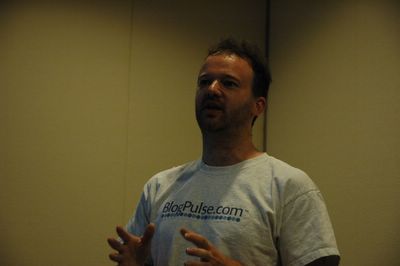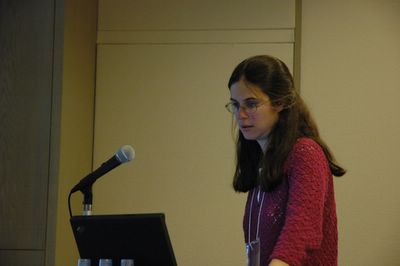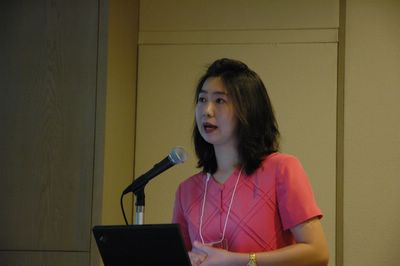
Paolo Avesani (speaker), Marco Cova, Conor Hayes, and Paolo Massa
In this paper, we examine how a topic-centric view of the Blogosphere can be created. We characterise the problems in aligning similar concepts created by a set of distributed, autonomous users and describe current iniatives to solve the problem. We introduce the Tagsocratic project, a novel initiave to solve the concept alignment problem using techniques derived from research in language acquisition among distributed, autonomous agents.
Presented by Paolo Avesani,
I.R.S.T.Paper
WWE2005















